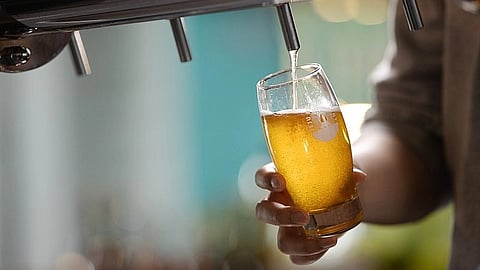Kenneth T. Kishida, Ph.D., associate professor of physiology and pharmacology and neurosurgery at Wake Forest University School of Medicine, studies neurotransmitters and their role in human behavior and decision-making. Using fast scan cyclic voltammetry, an electrochemical technique, Kishida’s team can detect and measure serotonin and dopamine in real-time. Taking these measurements is very challenging and can only be done during invasive procedures such as deep-brain stimulation (DBS) brain surgery, which is commonly used to treat conditions such as epilepsy, Parkinson’s disease, essential tremor and obsessive-compulsive disorder.
For this study, Kishida’s team collaborated with neurosurgeons Stephen B. Tatter, M.D., and Adrian W. Laxton, M.D., to insert a carbon fiber microelectrode deep into the brain of four participants at Atrium Health Wake Forest Baptist Medical Center who were scheduled to receive DBS to treat their movement disorders. Two of the participants had a history of alcohol use disorder, and two did not.
While the participants were awake in the operating room, they played a simple computer game. As they played the game, dopamine measurements were taken in the striatum, the part of the brain that controls cognition, reward and coordinated movements.


